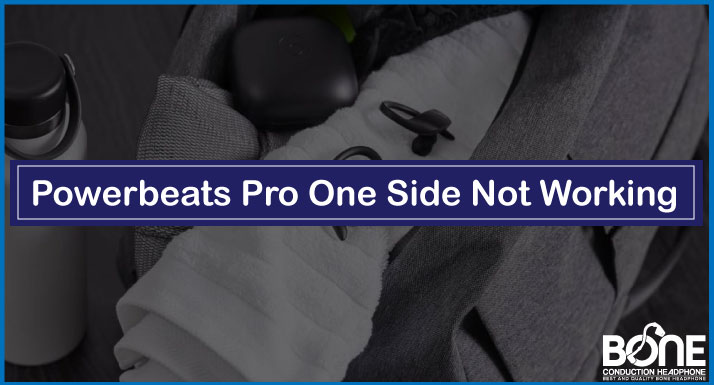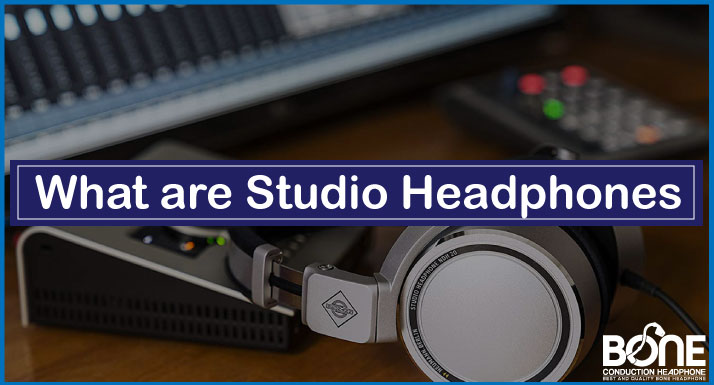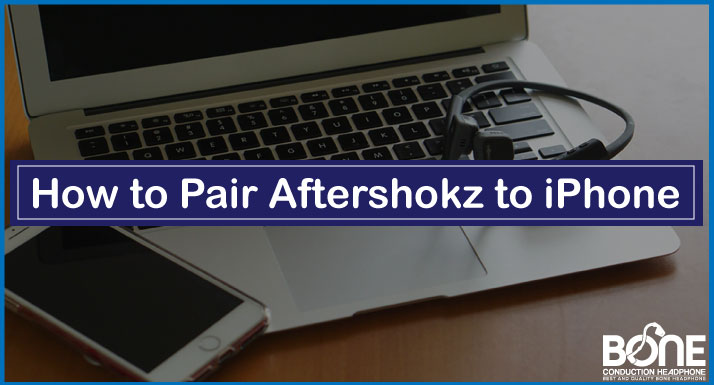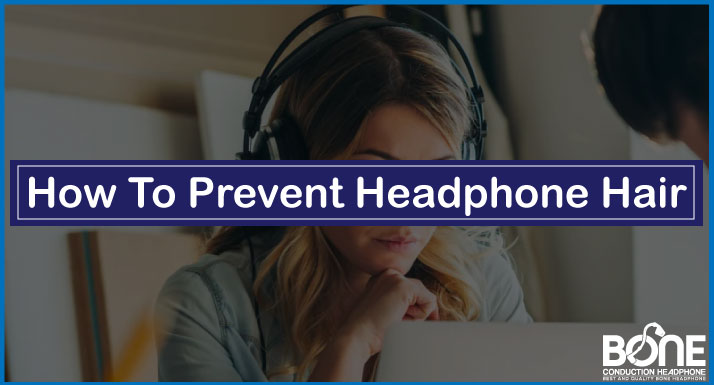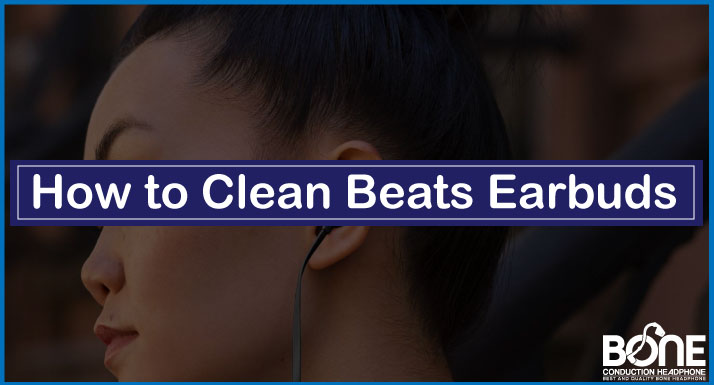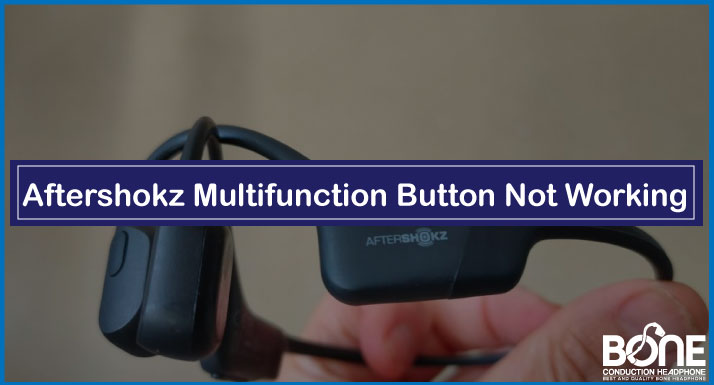Headphones are a popular and effective way to listen to music while you’re working, studying, or traveling. However, if you’ve ever worn them on your ears too long without taking periodic breaks, you know that they can cause pain in the cartilage of your ears.
This issue is known as headphones-ear damage, resulting in painful pressure in the ear that lasts until the headphones are removed. Below are some of the most common causes of headphones-ear damage and some steps you can take to prevent it from occurring.
Headphones Hurt Ear Cartilage – Reasons
Below are the most prominent reasons of Headphones Hurt Ear Cartilage:
- The pressure from headphones can cause ear cartilage damage
- Snoring headphones can cause ear cartilage damage
- Improper fit of your headphones can result in headphones-ear damage
The Pressure from Headphones Can Cause Ear Cartilage Damage

Ear cartilage is susceptible and can quickly become damaged if you don’t use headphones correctly. Earbuds and headphones apply pressure on the ear, and some people’s ears are more sensitive than others.
For example, if you have a smaller ear canal, you may need to be extra careful when using headphones because the pressure could cause pain in your ear. Using the right type of earbuds can help reduce the pressure that is put on your ears.
Another cause of ear cartilage pain caused by headphones is if they are pressing against the bones around your ear. This is more likely to happen if your headphones are too large for your ear. Headsets that have large ear cups, such as noise-canceling headphones, can also put more pressure on your ear.
Snoring Headphones Can Cause Ear Cartilage Damage

If you’re one of the millions of people who use noise-canceling headphones, it’s important to be aware of a potential problem called “snoring headphones.” It occurs when the microphonic vibrations from the noise-canceling headphones’ speakers are picked up by the microphone in the headphones and played back through the speakers.
This vibration can actually cause pain in the ear cartilage. If you want to avoid this problem, make sure that you’re not too close to the microphone.
You should also try to reduce the ambient noise around you (by shutting the window or turning down the volume on the TV).
Improper Fit of Your Headphones Can Result in Headphones-Ear Damage
If you’re wearing headphones that are too big for your ears, they are more likely to cause ear cartilage pain. This is because they will be pressing too hard against your ears, and the pressure can be painful.
To help prevent ear cartilage pain from improper fit, make sure that you choose earbuds that are the right size for your ears.
However, even if you have the right size headphones for your ears, you can still have problems with the fit.
For example, the earbuds must be pressed snugly against the ear but not so tightly that they cause pain. If the earbuds are too loose, they can fall out while you’re wearing them.
Other reasons
Another reason why headphones cause ear cartilage damage is if you wear them for too long. Just like with reading in poor lighting, you should take breaks from wearing headphones. If you’re wearing headphones for an extended period of time, you should also try to move around or gently massage your ears every so often to reduce the pressure.
If your headphones don’t have a good seal around your ear, some of the sound waves can pass through the opening and cause damage.
For example, if your headphones don’t fit your head properly and they fall off, it’s possible that some sound waves can get through the gap between your ears and the headphones.
What Part of the Ear Is Damaged by Headphones?

The ear can be damaged by either direct contact or prolonged exposure to electronic devices that emit high-frequency sound. The most common damage is called acoustic trauma, which occurs when the outer or middle ear is exposed to loud noise. It can lead to hearing loss and tinnitus (ringing in the ears).
The inner ear is also susceptible to damage from prolonged exposure to loud noises, but it rarely causes hearing loss.
Damage to the inner ear may result in vertigo, dizziness, and even a temporary state of deafness called sensorineural hearing loss. If headphones cause damage to your ears, you’ll probably notice symptoms such as ringing, buzzing, or persistent pain.
If hearing loss is present, it’s likely to be mild at first, but it could worsen over time as more of the cochlea is affected.
In rare cases, an allergic reaction known as ototoxicity may occur if the material used in headphones contains certain chemicals or other substances that can cause swelling of the skin around the ear canal.
How to Prevent Ear Cartilage Pain from Headphone Usage?

If you’ve experienced ear cartilage pain from headphones usage, it’s important to take steps to prevent it from happening again. Below are some ways to protect your ears while wearing headphones.
- Choose headphones that are the right size for your ears.
- If you’re using noise-canceling headphones, make sure you put them far enough away from the microphone so that they don’t cause snoring.
- Make sure your headphones fit your ears properly. They shouldn’t be too tight or too loose.
- Try to keep the volume of your headphones moderate so that you don’t have to keep the volume too high to hear it. A loud volume can put more pressure on your ears.
- Limit the amount of time that you wear headphones. Even if your headphones fit properly, you can still experience ear cartilage damage if you wear them for too long.
- If you experience ear cartilage pain from headphones, you may want to try a different type of headphones or a different size.
What do doctors suggest to Prevent Headphones from Hurt Ear Cartilage?
Wearing headphones while doing any kind of physical activity is a no-no. The constant pressure on your ears can damage the cartilage in your ear drum and cause inflammation.
Your inner ear is very delicate, so anything that causes pressure or vibration could lead to hearing loss, ringing in the ears, or tinnitus (ringing in the ears).
When you wear headphones while exercising, you are putting stress on your neck and head and causing unnecessary strain on your body. This can lead to a sore neck and headaches as well.
If you have to be on the go with headphones in, try to keep them as low as possible. It’s important to make sure that there is enough space around your ears. Try not to wear headphones too tight against your head, or if you have long hair on your face, this can also cause problems.
It’s also important to make sure that the volume levels are adjusted properly so that it doesn’t hurt your ears.
Related: Is It Bad to Sleep with Headphones ON
What Have I Done to Prevent Headphones Hurt Ear Cartilage?
I have done a lot of research on how to prevent headphones from hurting your ear cartilage. The most important thing is to make sure that the headphones are secure. If you are constantly moving your head while you are listening to your headphones, then the pressure from your head will cause damage to your ear cartilage.
I also recommend wearing headphones for a short period of time before listening for any extended amount of time. This will allow your ears to acclimate to the headset and prevent any painful sensations that may occur.
You can also keep them away from direct sunlight or hot surfaces, so they don’t sweat while in use. That way, they don’t get too warm and potentially burn the sensitive skin on your ear canal.
How Many Hours a Day Should You Wear Headphones?
When it comes to wearing headphones, the general consensus is that “more is better.” However, this isn’t necessarily true. In fact, the ideal number of hours a day you should wear headphones depends on a few factors.
The first is your personal preference. Some people prefer to keep their headphones on all day long, while others prefer to keep them on for short periods of time (one to two hours).
Once you know which type of headphone habit suits you best, you can determine how many hours per day you should wear them. Next, consider how distracted you are when wearing headphones.
If you find yourself constantly checking your phone or putting other things off because of the music, then it might be time to take some breaks or reduce the amount of time you spend with your headphones on.
Finally, think about any health problems you may have. If you already have a condition that affects your ears or hearing (such as tinnitus), then wearing headphones for long periods of time can be very damaging and could make things worse.
Related: Why Are My Headphones So Quiet
Are Headphones Healthier Than Earbuds?
While earbuds and headphones both have their benefits, there are some differences between the two. Earbuds are less likely to cause damage than headphones because they are inserted deep into the ear canal.
This means that they are more likely to be tugged out or pulled on when the wearer is running or when being active in general. And earbuds can also be more easily damaged by water, so they are not ideal for use while swimming.
While earbuds are less likely to cause damage, they may not offer the same level of sound quality as headphones. They can be more prone to picking up ambient noise, which may make it harder for you to hear what’s going on around you.
And if you’re using a pair of earbuds that won’t stay in your ears, it could cause your jaw to misalign, which can lead to pain and discomfort.
Another potential downside of earbuds is that they can actually make it harder for you to hear sounds that are far away from you, like traffic noises or other people’s conversations.
If you have trouble hearing these sounds already, this may only make things worse. So whether earbuds or headphones are right for you depends on a number of factors, including your personal preference and how much noise you tend to encounter.
Related: Why Are My Headphones Beeping
Conclusion
Headphones are a great way to enjoy your music, and they can even be beneficial for your health. However, if you don’t use them correctly, they can also cause pain in the ear cartilage. To prevent this, make sure that you choose the right size of earbuds and use them appropriately. If you experience ear cartilage pain while using headphones, take steps to mitigate the problem and prevent it from happening again.

